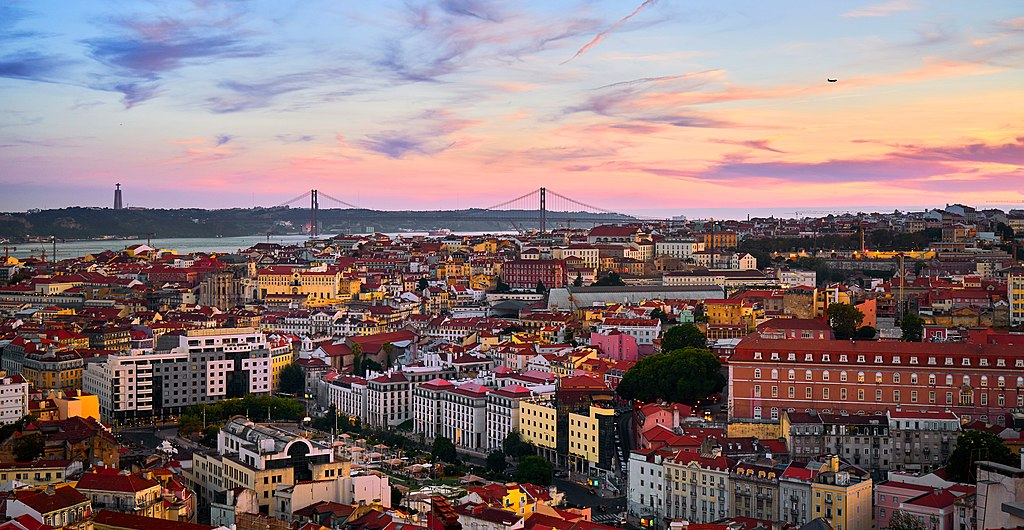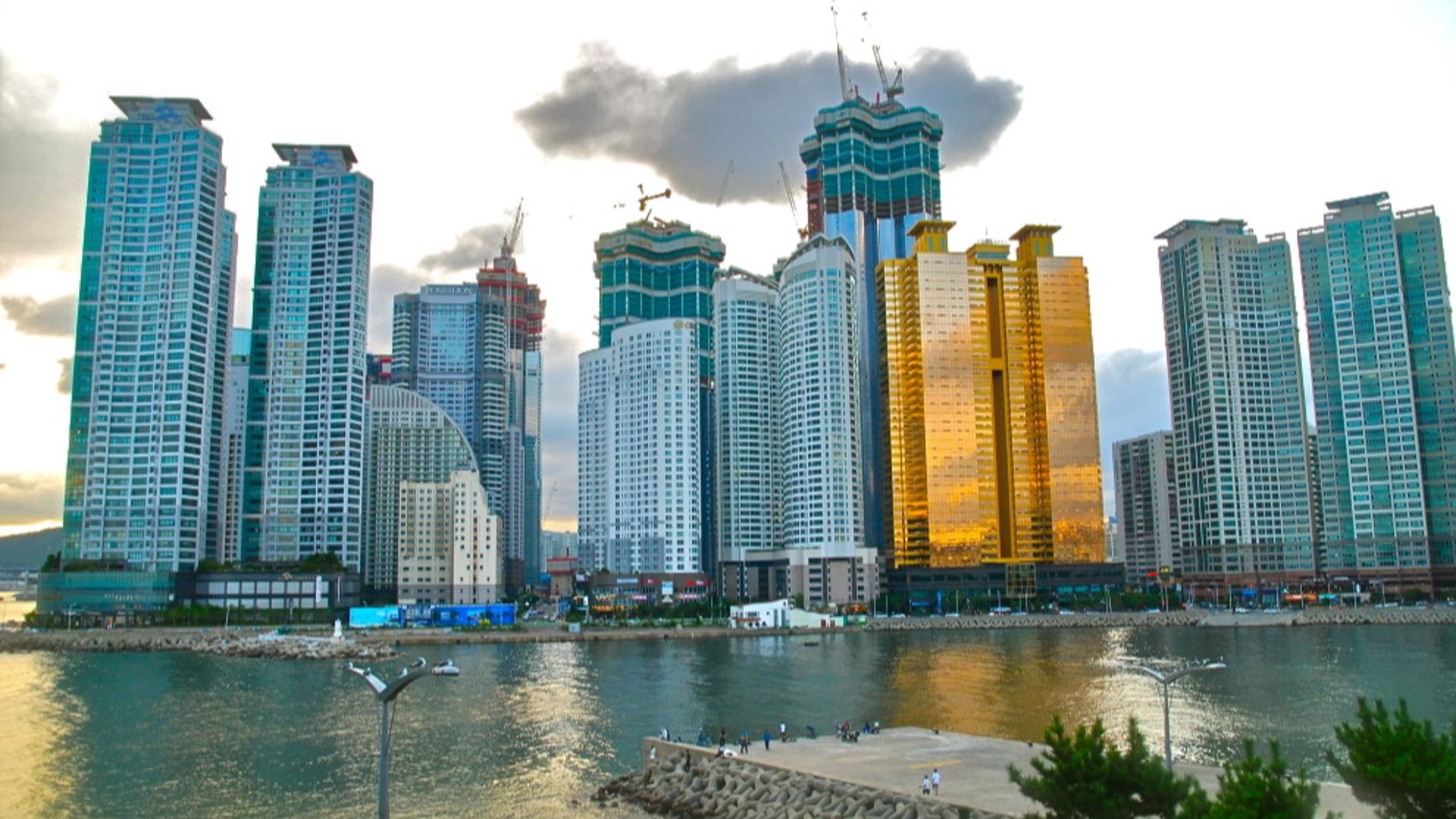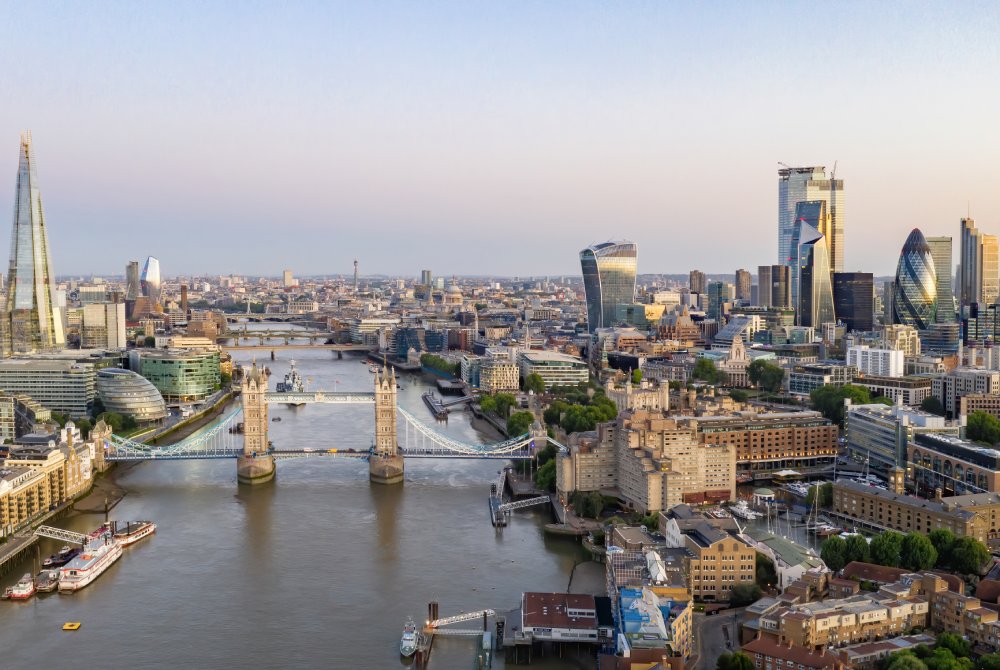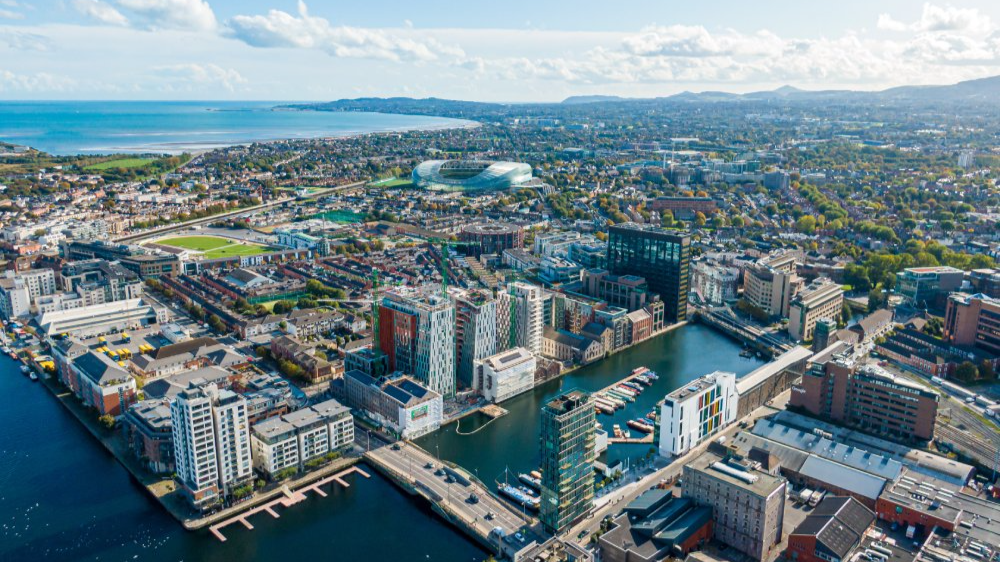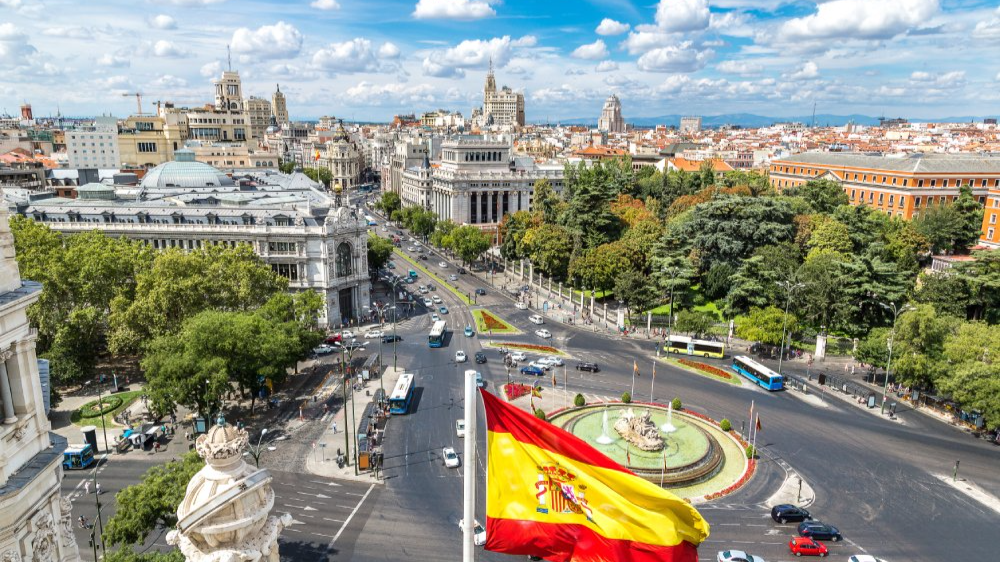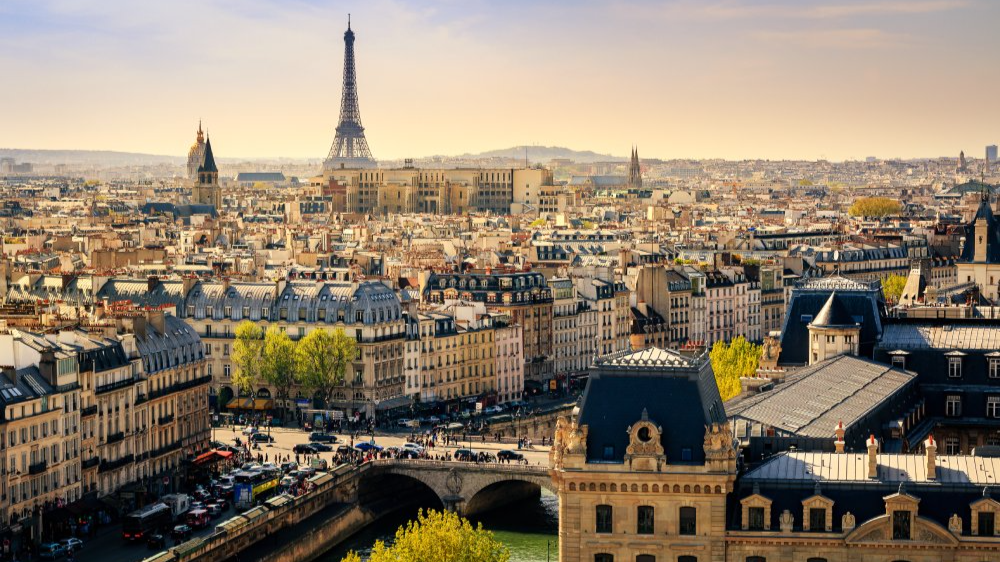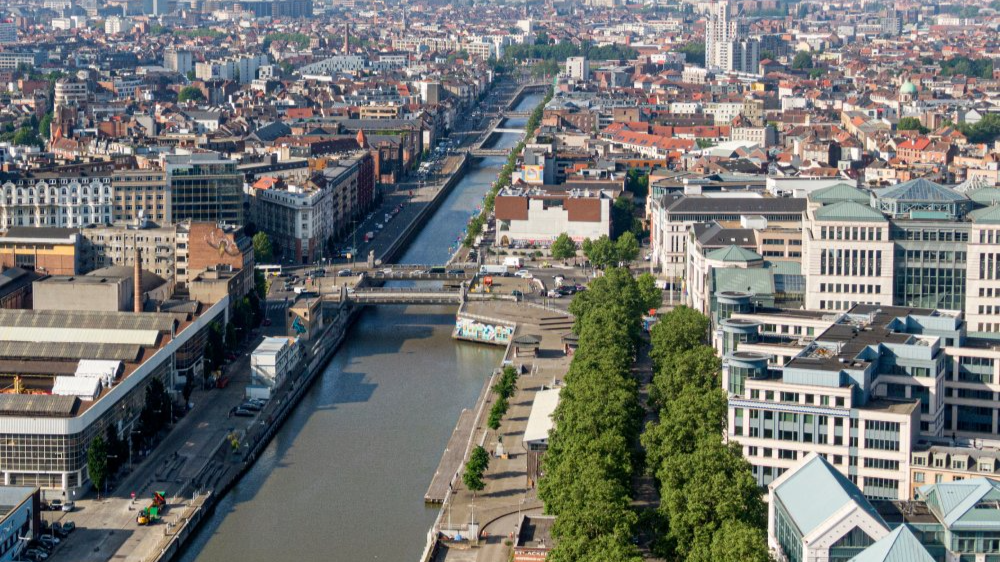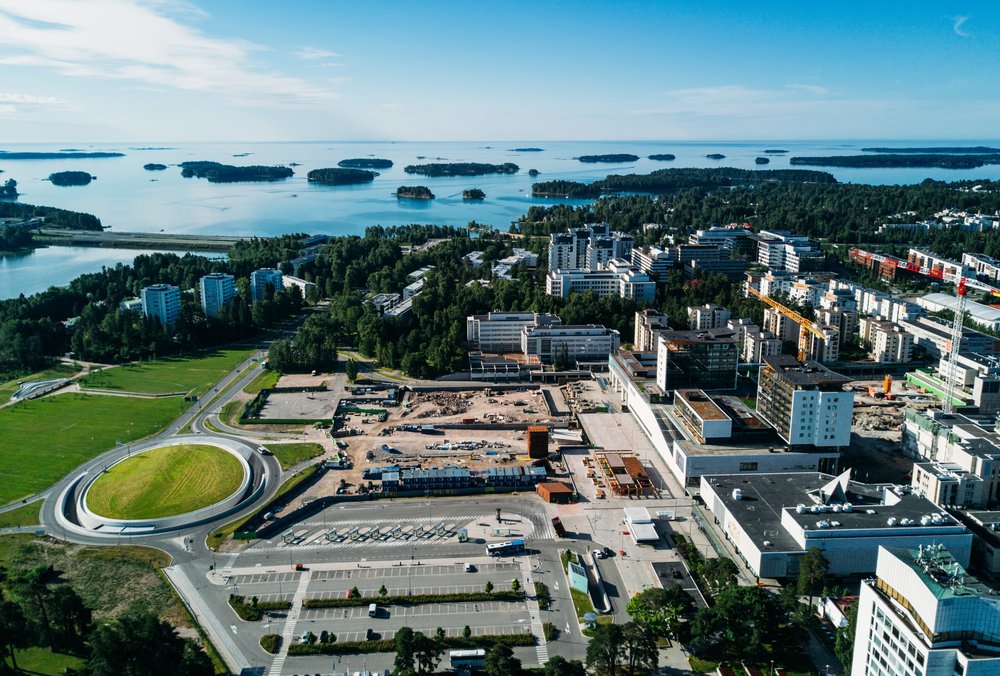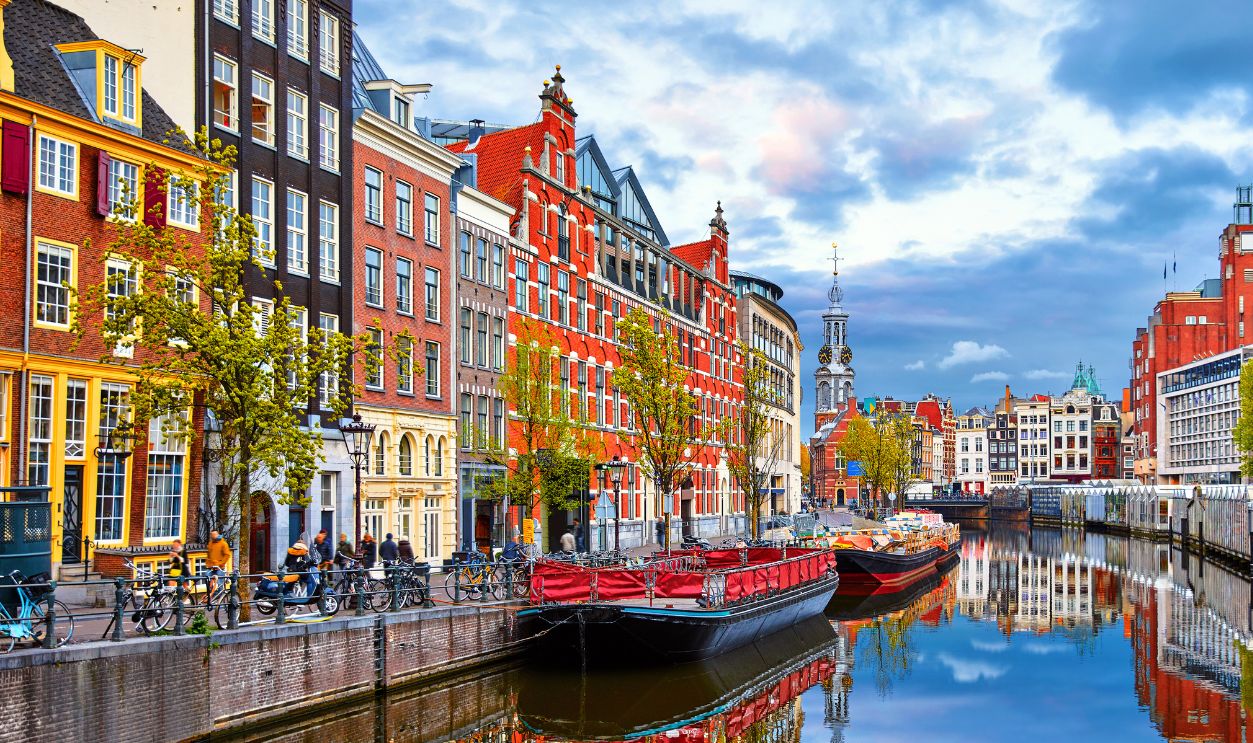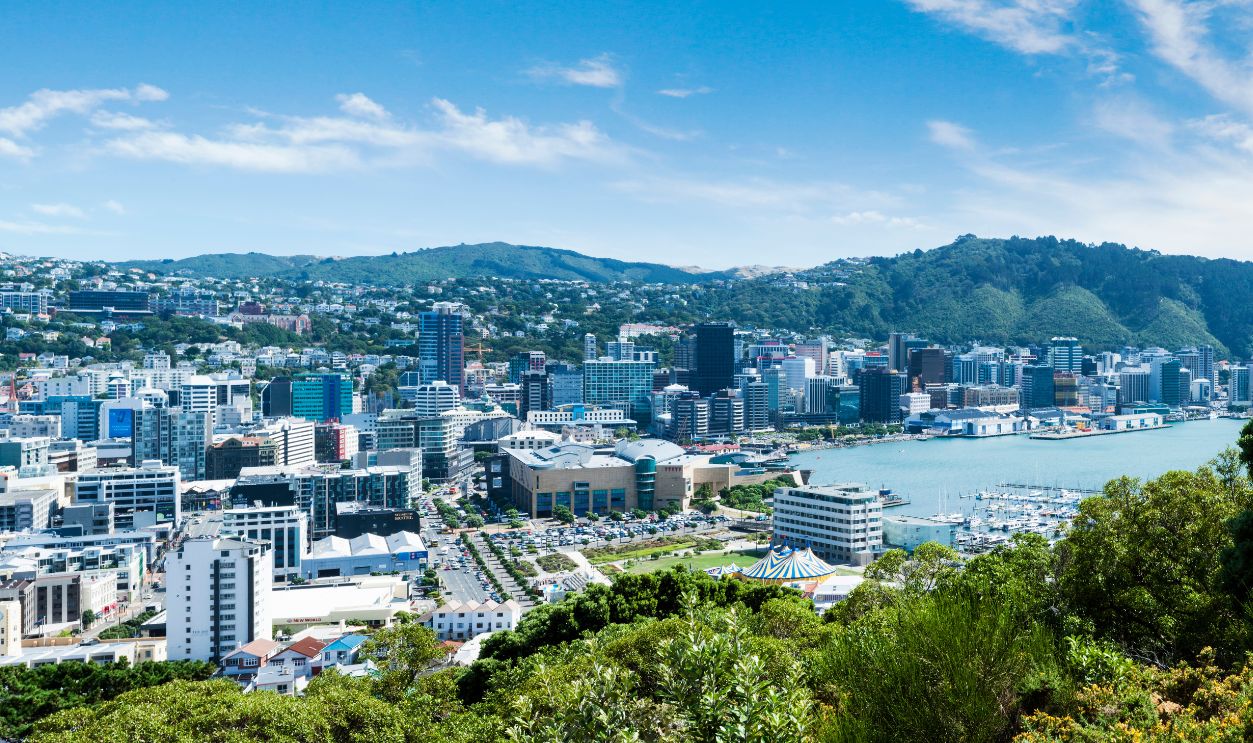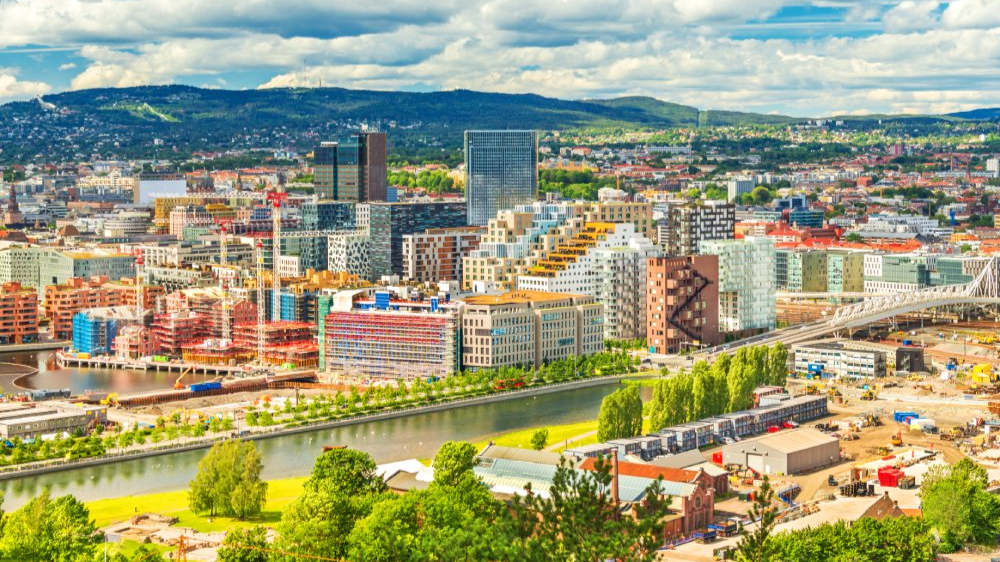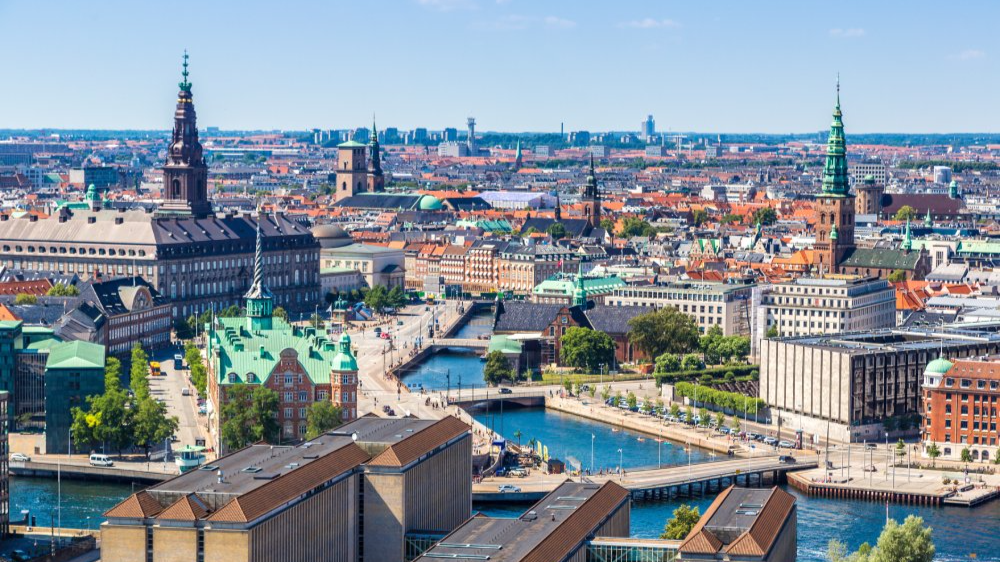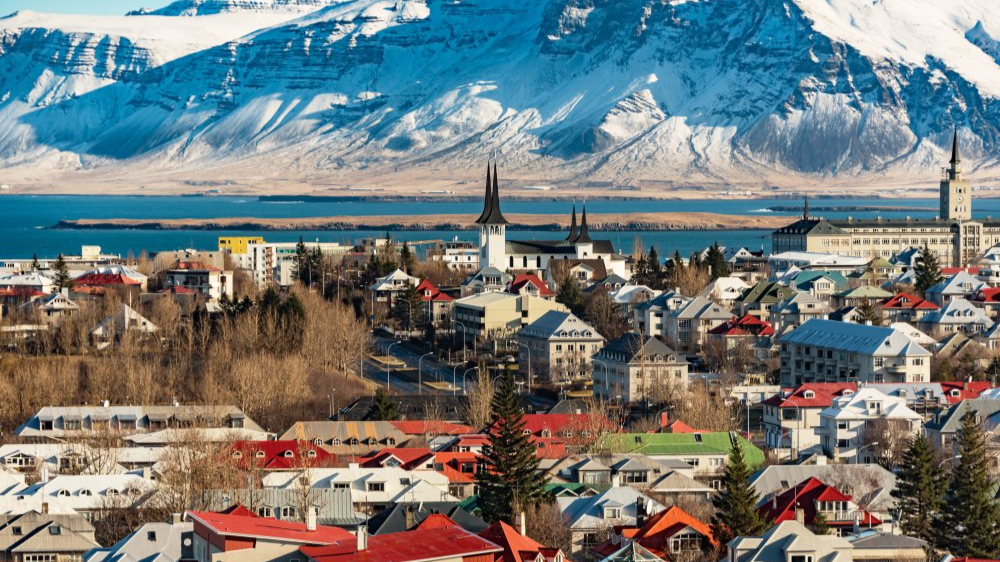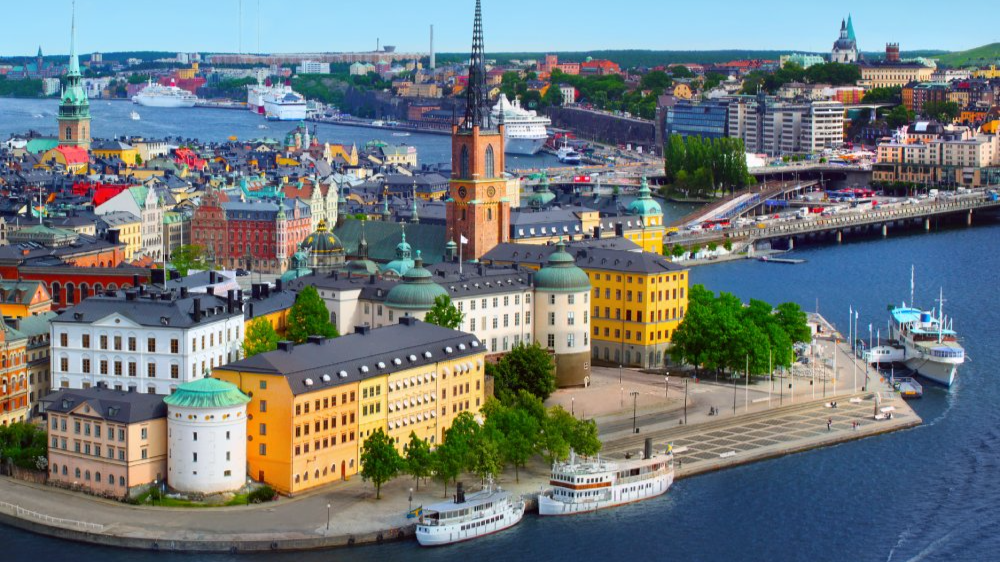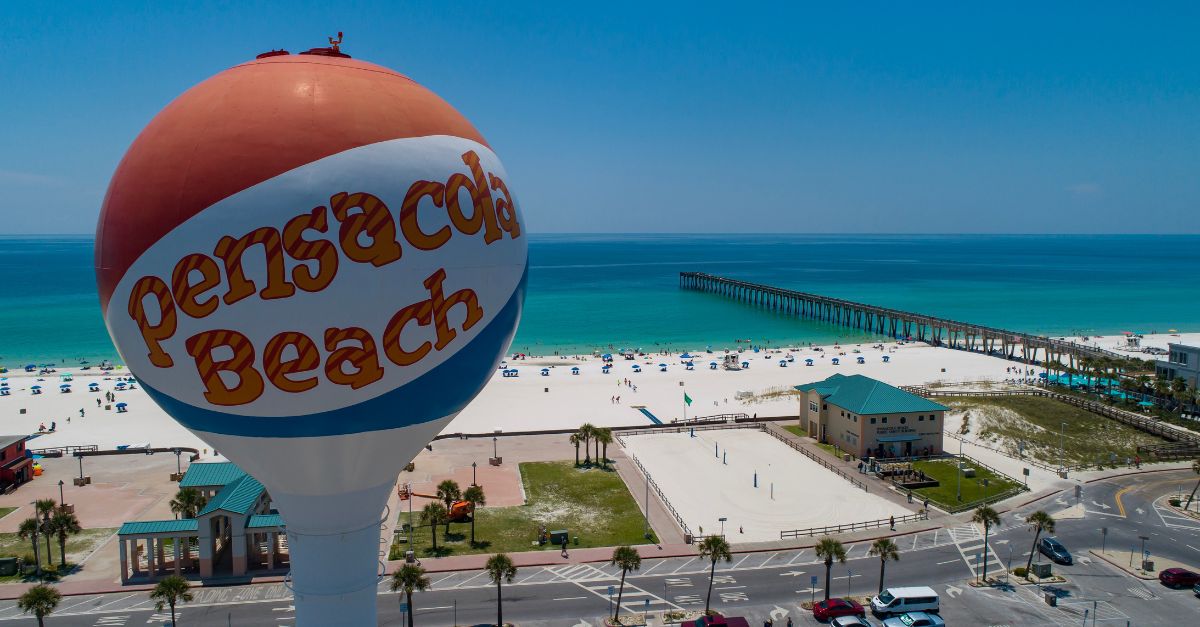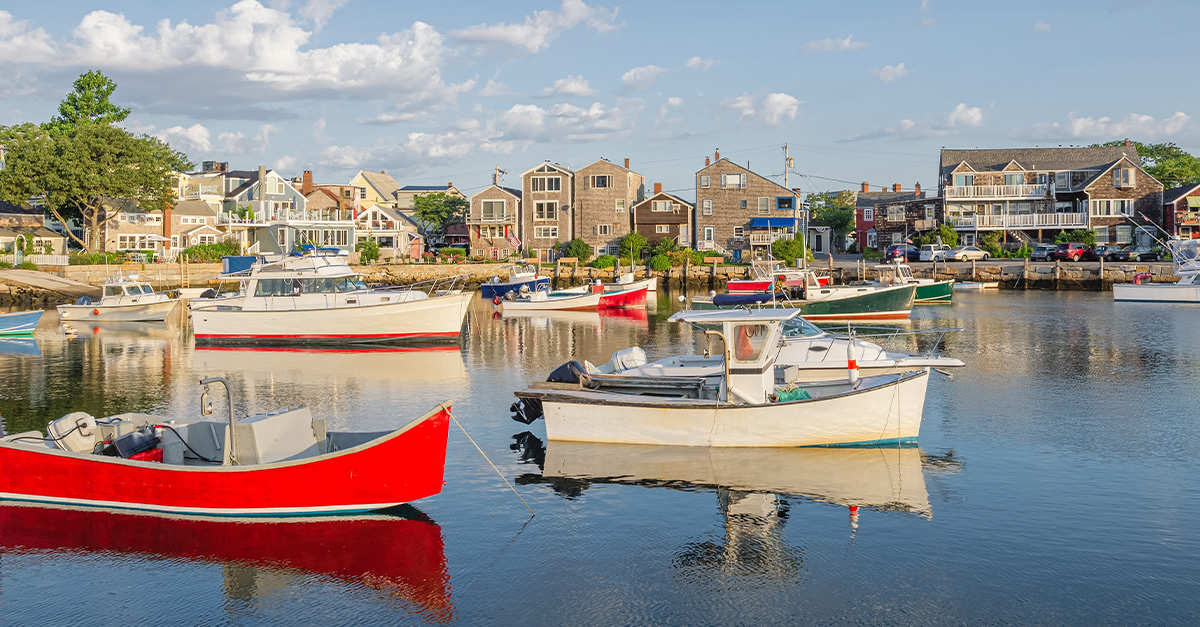Where Workers Win
If you’ve ever wondered where in the world workers get treated the best—this list has your answer. From generous paid leave to powerful unions and fair wages, we’re ranking 18 countries with strong labor rights, based on reports like the ITUC Global Rights Index and Labor Rights Index.
These are places where your work-life balance might actually be respected.
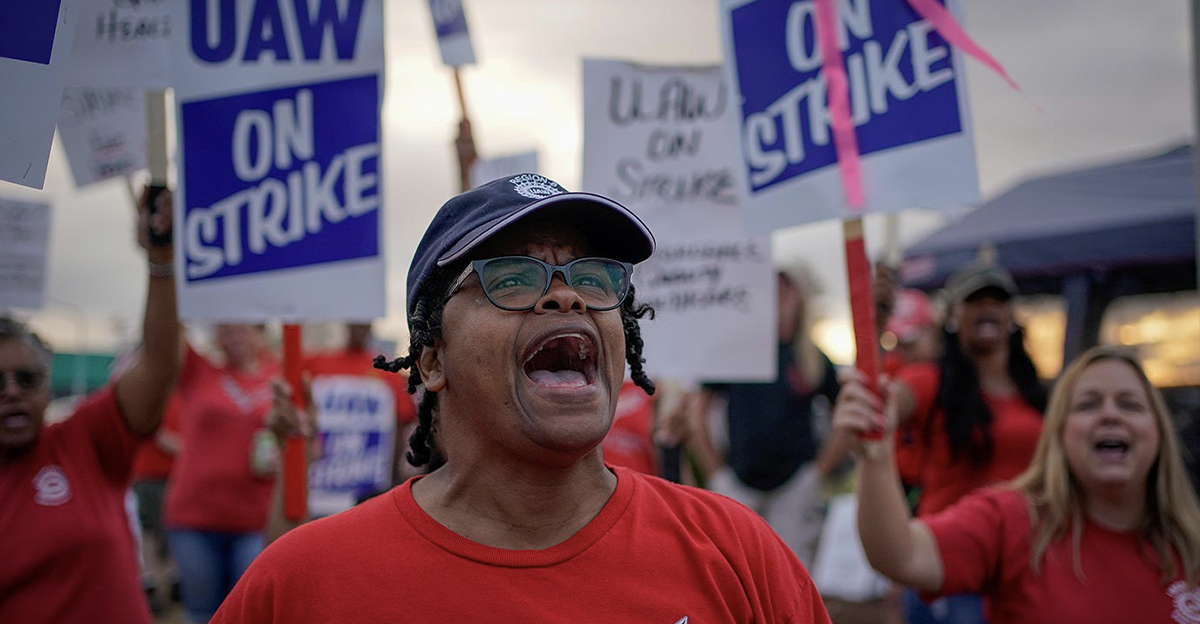
#18. Portugal
Portugal may fly under the radar, but it’s got impressive labor laws. Workers enjoy 22 days of paid vacation, clear contracts, and strong protections against unfair dismissal. Labor unions have influence, and the government’s active role in safeguarding rights helps employees feel secure. Plus, Portugal is pretty chill—literally and legally.
#17. South Korea
South Korea has made huge strides in labor protections. The 52-hour workweek cap is enforced more strictly, and protections for whistleblowers and contract workers are improving. There’s still pressure in office culture, but legal rights are catching up fast—and workers are pushing for even more.
#16. United Kingdom
UK workers benefit from minimum wage laws, strong health and safety standards, and fair dismissal protections. There are still challenges—like gig economy loopholes and zero-hours contracts—but overall, it's a decent place to work with rights you can rely on, especially after recent labor reforms.
#15. Ireland
Ireland offers a mix of fair dismissal laws, growing support for remote workers, and solid protections for working parents. Employees are entitled to rest periods, paid leave, and unions play a visible role. While housing costs are high, the labor rights environment is strong and getting stronger.
#14. Spain
Spain scores big on permanent contract protections, paid leave, and union power. The 40-hour workweek is standard, and employees are well-covered with unemployment benefits and severance laws. Labor courts also move faster than in many other European countries—a win for workers with grievances.
#13. France
France is famous for its strong unions and worker protections. The legal 35-hour workweek, long paid vacations, and generous sick leave policies make it one of the most worker-friendly countries. Try firing someone unfairly in France—it won’t end well (for the employer).
#12. Belgium
Belgium mixes high wages with solid labor laws. Employees enjoy clear protections, strong parental leave, and regular union negotiations. If there’s a labor dispute, mediation is prioritized. Plus, workers get at least 20 paid vacation days—more with seniority. Chocolate and job security? Not a bad combo.
#11. Finland
In Finland, labor rights are taken seriously. Unions are influential, working conditions are top-tier, and employees enjoy flexible arrangements. There's strong support for working parents and great protections for freelancers, too. And yes, they do actually take saunas during breaks. It’s part of the culture.
#10. Canada
Canada’s employment standards vary by province, but the basics are strong across the board: paid leave, equal pay laws, anti-discrimination protections, and union rights. Workplace safety is a top priority, and the country offers strong protections for migrant workers, too—something most countries struggle with.
#9. Netherlands
The Dutch know how to protect their workers. Whether you're part-time, freelance, or full-time, labor protections are clear. Parental leave has been expanding, and work-life balance is taken seriously. There’s also solid vacation pay and anti-discrimination enforcement. Biking to work is just a bonus.
#8. New Zealand
New Zealand has robust worker rights laws: strong union protections, fair dismissal processes, and government-backed labor inspections. Workers benefit from four weeks of paid leave and an emphasis on safety, especially in agriculture and construction. Kiwis don’t tolerate unfair bosses, and it shows.
#7. Norway
Labor rights in Norway are backed by strong union partnerships, public support, and generous welfare systems. Employees are protected by solid contracts, long parental leave, and some of the best job security in the world. Not to mention a 37.5-hour workweek is the norm.
#6. Germany
Germany’s labor law is a model of efficiency: strong collective bargaining, generous paid leave, and codetermination (employees sit on boards!). Apprenticeship programs are top-notch, and firing someone without proper process? Not happening. Germany mixes structure with real worker power.
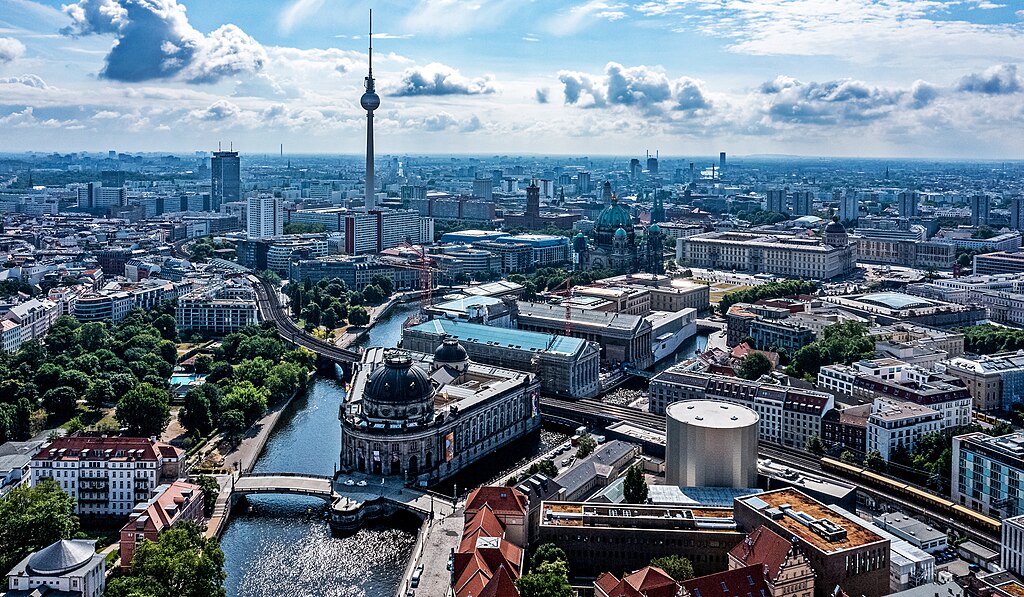 Georgfotoart, CC BY-SA 4.0, Wikimedia Commons
Georgfotoart, CC BY-SA 4.0, Wikimedia Commons
#5. Denmark
Denmark’s unique “flexicurity” model gives employers hiring flexibility while workers enjoy strong unemployment protection and lifelong learning options. Union membership is high, wages are fair, and the government helps keep worker-employer relationships smooth. It’s a best-of-both-worlds approach that actually works.
#4. Iceland
With one of the highest union densities in the world, Iceland prioritizes fair pay, equality, and safety. Paid parental leave is generous, discrimination is seriously policed, and workers across industries are well-organized. The result? A workplace culture rooted in trust and transparency.
#3. Sweden
Sweden’s model favors collective agreements over rigid labor law, but the outcome is the same: strong protections, fair wages, and huge support for working families. Parental leave is top-tier, unions are everywhere, and the culture values life outside of work—seriously.
#2. Austria
Austria offers some of Europe’s best labor benefits: mandatory vacation days, strong severance rights, and very high union engagement. The government enforces wage protections and keeps working conditions clean and fair. It’s a quiet champion of serious worker protections.
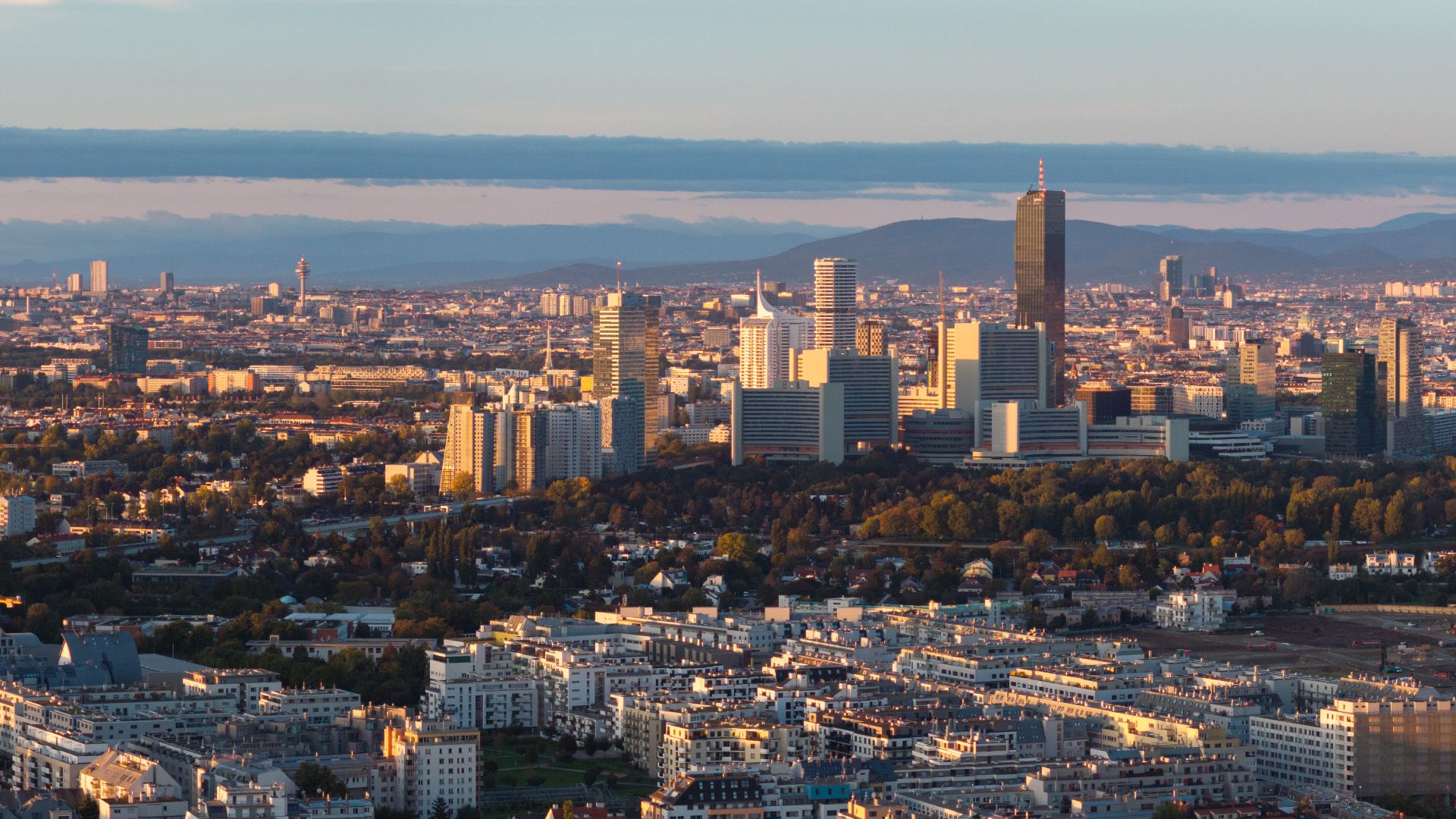 Spicypepper999, Wikimedia Commons
Spicypepper999, Wikimedia Commons
#1. Australia
Australia ranks as a global leader in labor rights. The Fair Work Commission enforces strong minimum wages, clear dismissal laws, and workplace fairness. Employees are protected from overwork, underpay, and unsafe conditions. Plus, unions have serious legal teeth. When it comes to labor protections, Australia’s got your back.
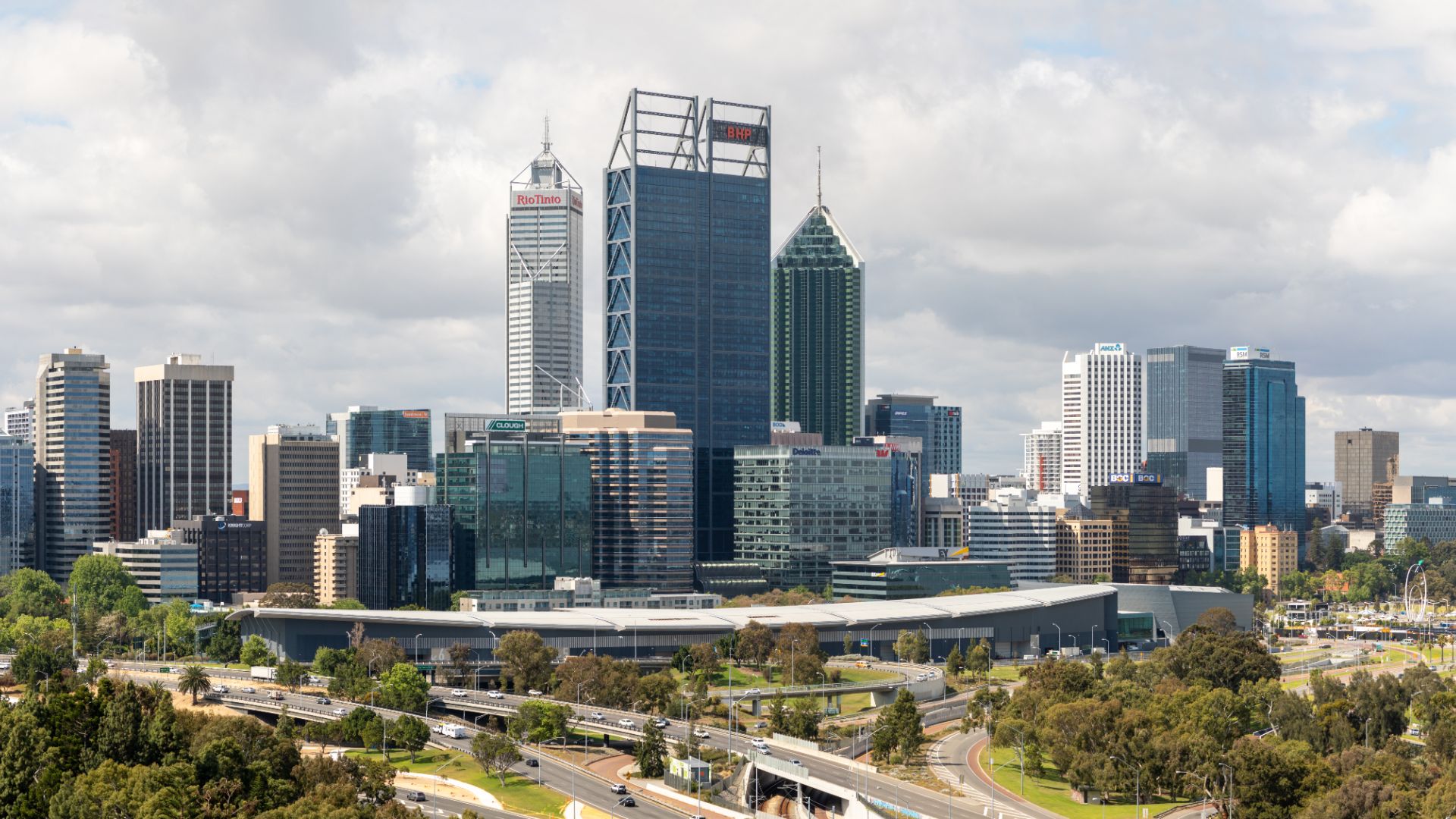 Dietmar Rabich, Wikimedia Commons
Dietmar Rabich, Wikimedia Commons
You May Also Like:
Countries With The Most Expensive Groceries—And How They Compare To The U.S.
The Countries With The Best Pension Systems—According To Data


